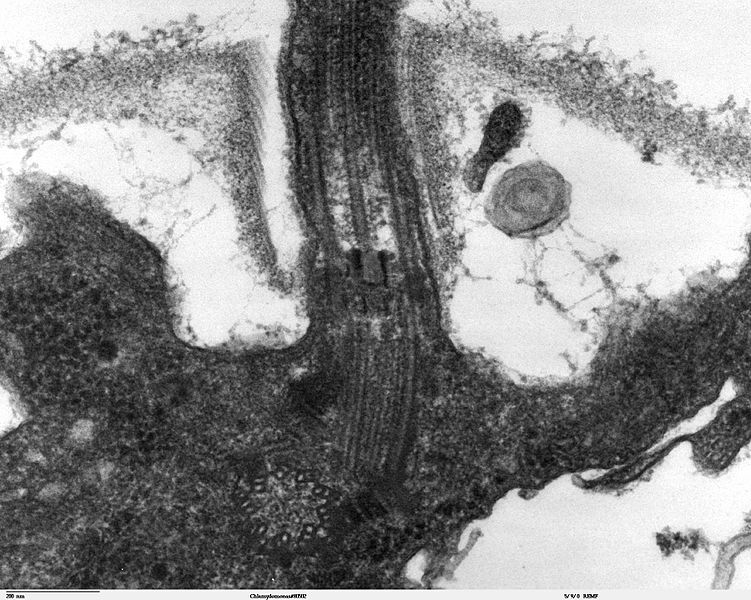Motility is a capacity for movement (or movement-potential) caused by consumption of energy by an organism in response to a gradient. The spontaneous movement of a cell relies on a flagellum, a propulsion mechanism in the form of a hollow, rigid cylinder composed of the protein flagellin.

Motility denotes potential rather than actual movement. In bacterial motility this includes rotation, tumbling, gliding . The “motors” for some of these forms of motility are not well understood by biologists.
[ source ]
In a network representation of a city as a set of nodes with movement-potential, the concept of motility adds a notion of stochastic uncertainty at a low scale, capturing the capacity for agents to use additional energy to express their own agency through their movement trails, and at a larger scale the role of gradients as drivers of movement.
Motile space can then be defined as space with a capacity for through-movement.